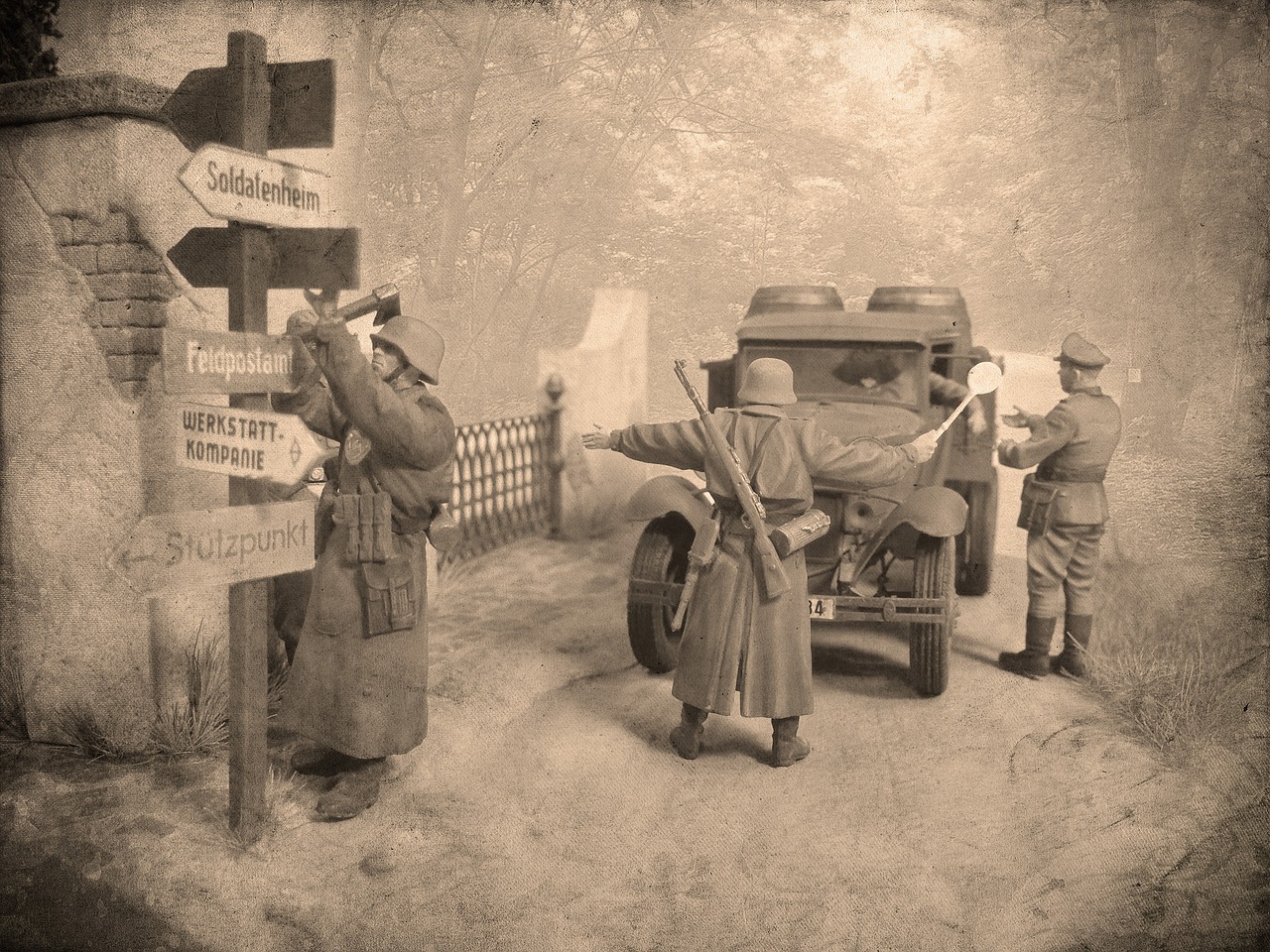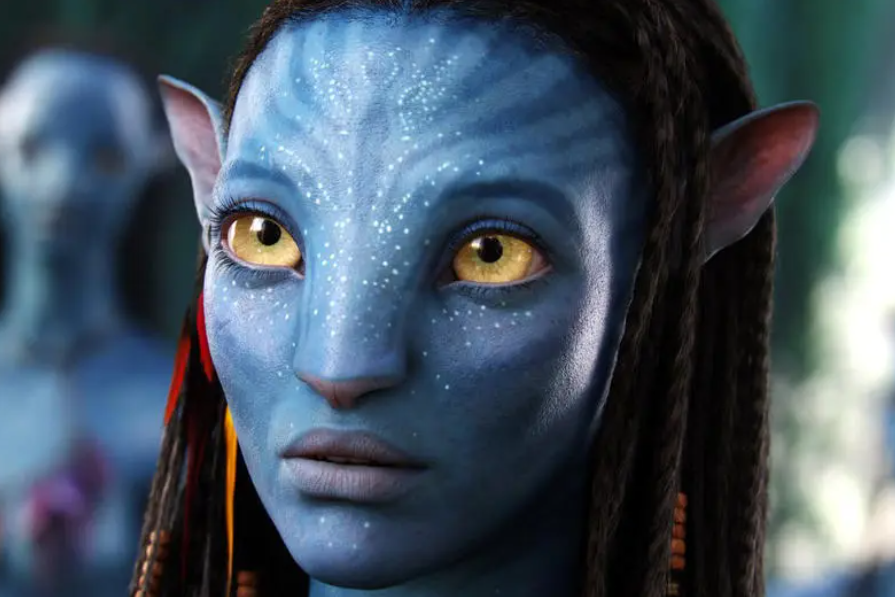World War II: A Global Conflict of Unprecedented Scale

**World War II: A Global Conflict of Unprecedented Scale**
World War II, spanning from 1939 to 1945, stands as one of the most catastrophic and transformative events in human history. It was a conflict that engulfed nations across the globe, reshaping political alliances, economies, and societies in its wake. Understanding the complexities and repercussions of this war requires delving into its origins, key events, major players, and enduring legacies.
**Origins of Conflict**
The seeds of World War II were sown in the aftermath of World War I, where the Treaty of Versailles imposed harsh penalties on Germany, leading to economic turmoil and resentment. Meanwhile, the rise of totalitarian regimes in Europe, including Nazi Germany under Adolf Hitler and fascist Italy under Benito Mussolini, further destabilized the continent. Japan's expansionist ambitions in Asia added fuel to the fire.
**Key Events**
The war officially began on September 1, 1939, when Germany invaded Poland, prompting Britain and France to declare war in response. The conflict soon escalated, with Axis powers (Germany, Italy, and Japan) pitted against Allied powers (mainly Britain, the Soviet Union, China, and later the United States).
The war saw a series of pivotal battles and campaigns across multiple theaters. In Europe, the Battle of Britain, the Eastern Front's brutal clashes between Germany and the Soviet Union, and the Normandy landings (D-Day) were among the most significant engagements. In the Pacific, the attack on Pearl Harbor by Japan drew the United States into the conflict, leading to intense naval battles and island-hopping campaigns.
**Major Players**
Adolf Hitler's Nazi regime sought to impose its ideology of racial supremacy and territorial expansion across Europe. Allied leaders, including Winston Churchill, Joseph Stalin, and Franklin D. Roosevelt, formed a coalition to combat the Axis powers.
The war also witnessed the atrocities of the Holocaust, where millions of Jews and other persecuted groups were systematically murdered by the Nazis in concentration camps. The horrors of war extended beyond the battlefield, with civilian populations enduring bombing raids, forced labor, and displacement.
**Enduring Legacies**
World War II ended in 1945 with the defeat of the Axis powers, but its impact reverberated for decades to come. The war led to significant geopolitical shifts, including the emergence of the United States and the Soviet Union as superpowers, the division of Europe into Eastern and Western blocs, and the onset of the Cold War.
Moreover, the war spurred technological advancements and social change. Innovations such as radar, nuclear weapons, and the development of penicillin revolutionized warfare and medicine. The war also accelerated decolonization movements, as European empires weakened in the aftermath of the conflict.
**Conclusion**
World War II remains a defining moment in human history, illustrating the depths of human cruelty and resilience. Its legacy serves as a stark reminder of the consequences of unchecked aggression, but also of the capacity for cooperation and sacrifice in the face of adversity. As the world continues to grapple with the legacies of the past, it is essential to remember the lessons learned from this monumental conflict.
World War II, spanning from 1939 to 1945, stands as one of the most catastrophic and transformative events in human history. It was a conflict that engulfed nations across the globe, reshaping political alliances, economies, and societies in its wake. Understanding the complexities and repercussions of this war requires delving into its origins, key events, major players, and enduring legacies.
**Origins of Conflict**
The seeds of World War II were sown in the aftermath of World War I, where the Treaty of Versailles imposed harsh penalties on Germany, leading to economic turmoil and resentment. Meanwhile, the rise of totalitarian regimes in Europe, including Nazi Germany under Adolf Hitler and fascist Italy under Benito Mussolini, further destabilized the continent. Japan's expansionist ambitions in Asia added fuel to the fire.
**Key Events**
The war officially began on September 1, 1939, when Germany invaded Poland, prompting Britain and France to declare war in response. The conflict soon escalated, with Axis powers (Germany, Italy, and Japan) pitted against Allied powers (mainly Britain, the Soviet Union, China, and later the United States).
The war saw a series of pivotal battles and campaigns across multiple theaters. In Europe, the Battle of Britain, the Eastern Front's brutal clashes between Germany and the Soviet Union, and the Normandy landings (D-Day) were among the most significant engagements. In the Pacific, the attack on Pearl Harbor by Japan drew the United States into the conflict, leading to intense naval battles and island-hopping campaigns.
**Major Players**
Adolf Hitler's Nazi regime sought to impose its ideology of racial supremacy and territorial expansion across Europe. Allied leaders, including Winston Churchill, Joseph Stalin, and Franklin D. Roosevelt, formed a coalition to combat the Axis powers.
The war also witnessed the atrocities of the Holocaust, where millions of Jews and other persecuted groups were systematically murdered by the Nazis in concentration camps. The horrors of war extended beyond the battlefield, with civilian populations enduring bombing raids, forced labor, and displacement.
**Enduring Legacies**
World War II ended in 1945 with the defeat of the Axis powers, but its impact reverberated for decades to come. The war led to significant geopolitical shifts, including the emergence of the United States and the Soviet Union as superpowers, the division of Europe into Eastern and Western blocs, and the onset of the Cold War.
Moreover, the war spurred technological advancements and social change. Innovations such as radar, nuclear weapons, and the development of penicillin revolutionized warfare and medicine. The war also accelerated decolonization movements, as European empires weakened in the aftermath of the conflict.
**Conclusion**
World War II remains a defining moment in human history, illustrating the depths of human cruelty and resilience. Its legacy serves as a stark reminder of the consequences of unchecked aggression, but also of the capacity for cooperation and sacrifice in the face of adversity. As the world continues to grapple with the legacies of the past, it is essential to remember the lessons learned from this monumental conflict.
